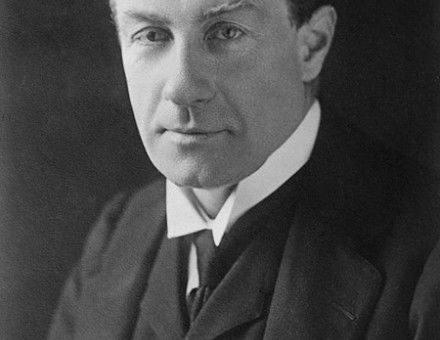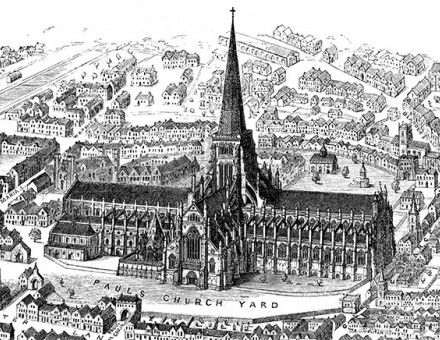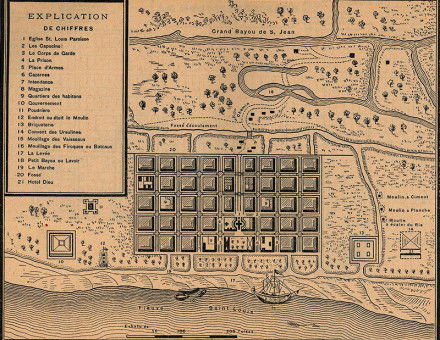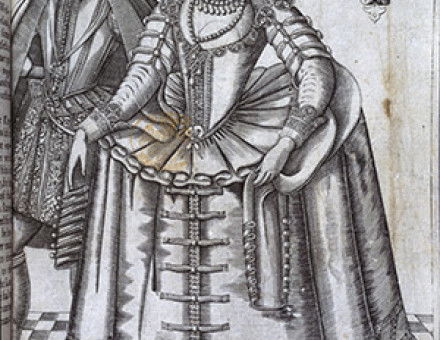The Baldwin Age
John Raymond offers a light-hearted survey of an important era in British social and political history, when the Prime Minister set an example of optimism that, despite setbacks at home and abroad, many of his most distinguished countrymen followed.






